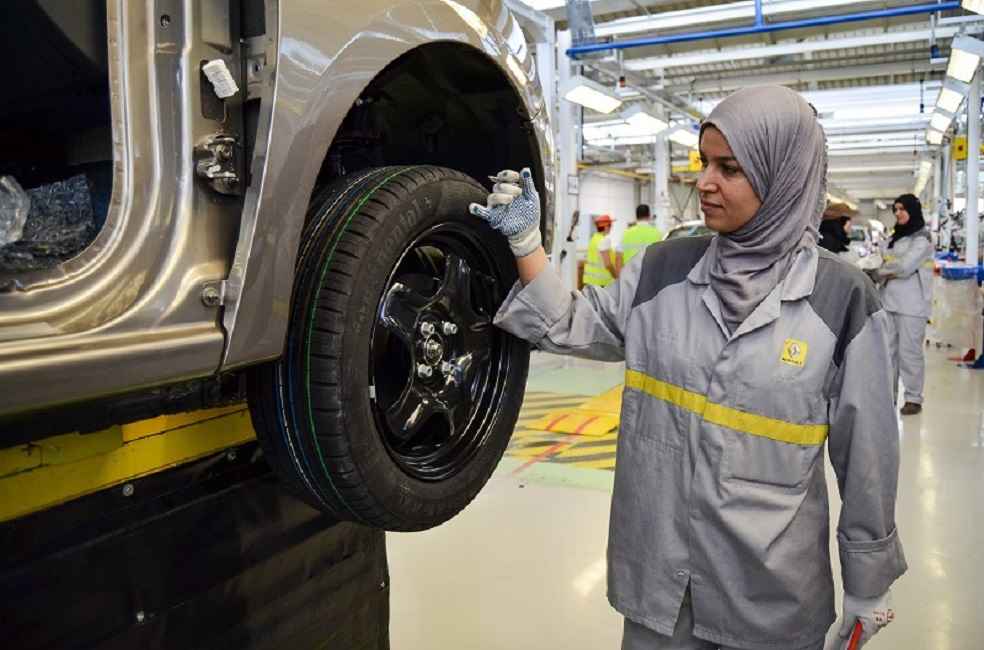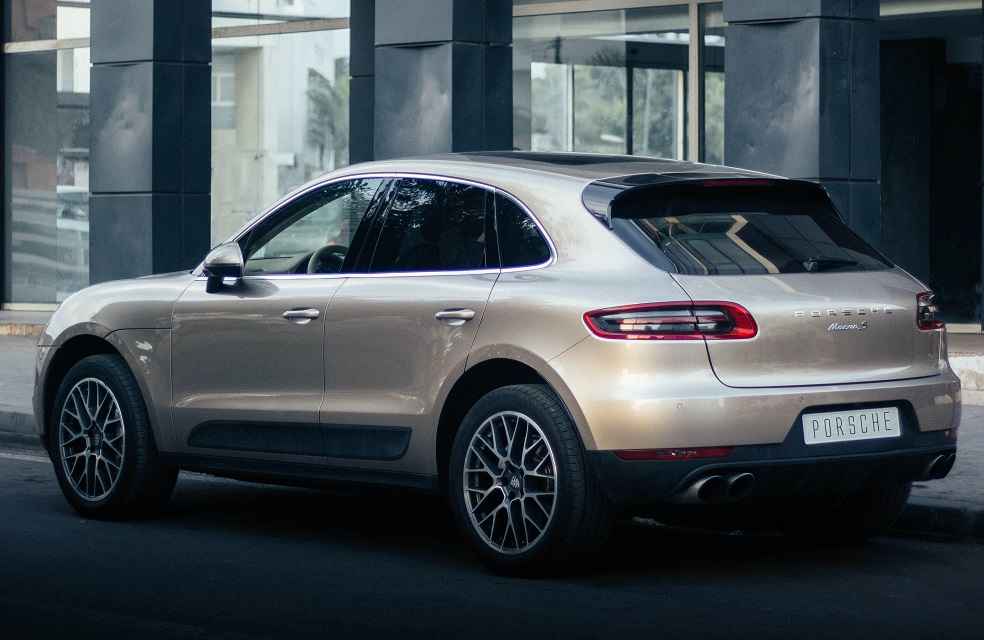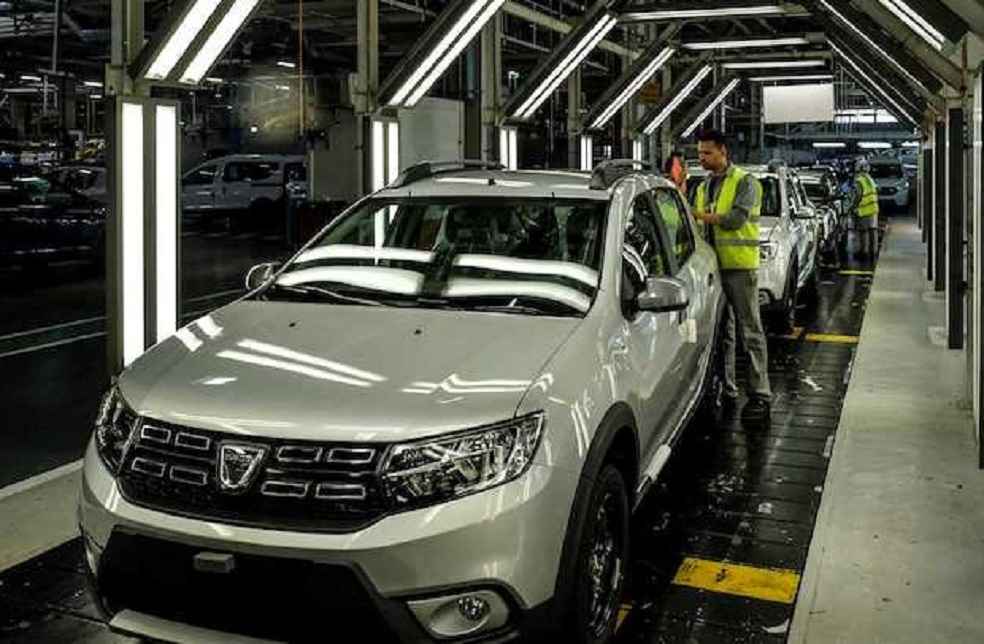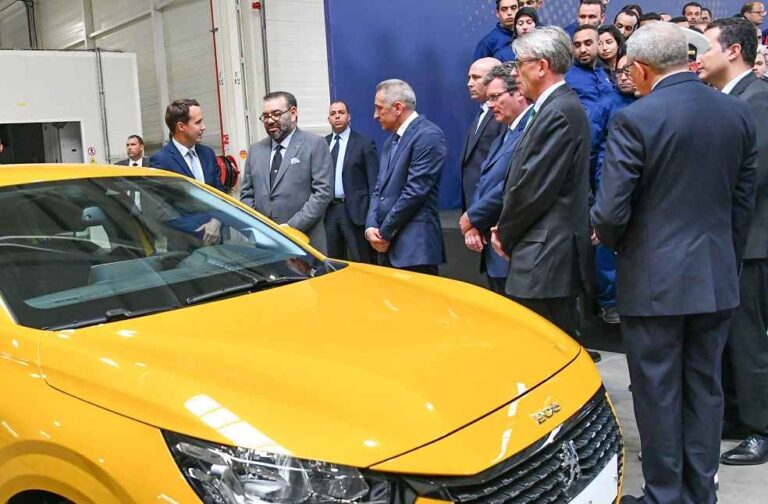Morocco’s automotive industry has achieved a new milestone, as exports hit a record MAD 44 billion ($4.3 billion) by the end of April 2023. This represents a 40.4% increase from the same period last year, according to Morocco’s Office d’Echange (OE).
The OE attributes this growth to increased sales across all automotive segments, including construction, wiring, and vehicle interiors and seating. Recent data show a 40.4% increase in construction, 43.4% in wiring, and 29.2% in interiors and seating.
Morocco’s success in the auto sector further strengthens its position as Africa’s top auto manufacturing hub, a title it took over from South Africa in 2018.

Growth has also been observed in other Moroccan industries. Textiles and leather exports increased by 11.6% to MAD 1.6 billion ($157 million) in the first four months of 2023. The electrical and electronics sector saw a 34% sales increase. The mining sector experienced a small growth of 1.6%.
However, there was a downturn in phosphate exports and derivatives, which fell to MAD 24 billion ($2.3 billion) from MAD 35 billion ($3.4 billion) in 2022, primarily due to decreased sales of natural and chemical fertilizers, phosphoric acid, and phosphates.
International car manufacturers from the European Union and the United States are increasingly attracted to Morocco’s thriving auto sector. In 2021, Morocco signed 25 trade agreements with various manufacturers, including Dacia, Renault, Peugeot, BYD, and Volkswagen.

According to a study by advisory firm Mordor Intelligence, the outlook for Morocco’s auto industry is bright. The sector is predicted to grow by around $14 billion by 2026 and could potentially surpass Italy in vehicle production by 2030, producing one million cars.
Morocco’s industrial development efforts were recognized in the 2022 “African Industrialization Index”, ranking it second in industrialization improvement across Africa.
Despite challenges from the pandemic and recent unrest in Ukraine, the Moroccan auto sector saw 10% year-on-year growth in 2022, with a record-breaking production of over 403,000 vehicles. This success has created more than 180,000 jobs in 251 production units located in cities like Tangier, Meknes, Kenitra, and Rabat.
Looking ahead, Morocco has set an ambitious goal to produce one million vehicles with 80% local value addition by 2025.

Morocco’s auto industry growth is due in part to supportive government measures, such as tax benefits, infrastructure investments, and skills training. Notably, companies in free zones are exempt from corporate tax for the first five years, followed by a capped rate of 8.75% for the next 20 years.
From the late 1950s to the liberalization of the 90s and recent industrial acceleration plans, Morocco has firmly positioned itself as a significant contributor in the global automotive industry.
TRENDING: Ferrari’s Unwavering Stance: CEO Benedetto Vigna Rejects Autonomous Driving





